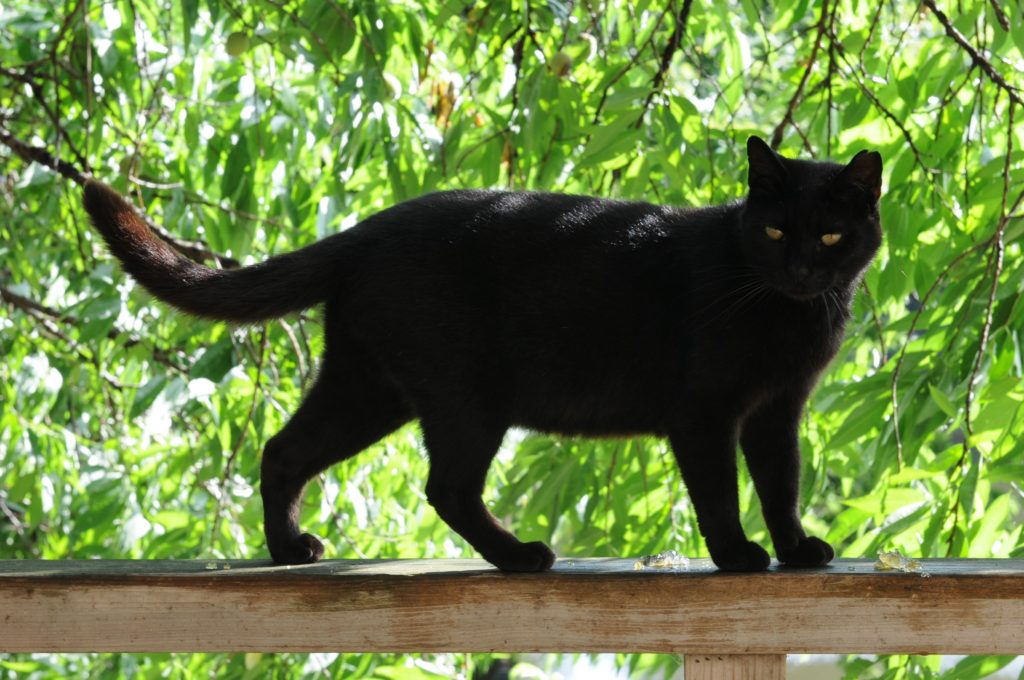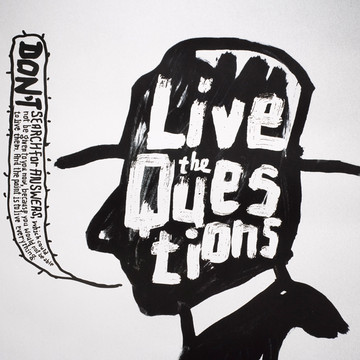
Ours is a dog-neighbourhood. We have two, our neighbour has one, as do the people behind him and the ones beside them.
So, I was surprised to see a black cat on our back fence last week. I was sipping coffee and reading a book when its movement caught my attention.
The image of it stalking the length of our fence before dropping into the yard behind us has stayed with me. I can’t help but admire its audacity.
Advent invites us to live in liminal space, in between a future promise and the current reality. Richard Rohr asserts that ‘we have to allow ourselves to be drawn into sacred space, into liminality (because) all transformation takes place here.’
The black cat on our fence was inhabiting liminal space. She knew the dangers, but did not let fear divert her. As she walked, she was paying attention, using her finely attuned senses to guide her. And she kept on-track, navigating her way along our fence towards whatever hope or promise lured her through dog-land.
It isn’t easy to live in liminal space and there is much to divert our intention to do so, especially in these weeks before Christmas, but Advent calls us to ‘allow ourselves to be drawn out of “business as usual” and remain patiently on the “threshold” (limen, in Latin) where we are betwixt and between the familiar and the completely unknown’ (Richard Rohr).
This is the space into which God comes.


